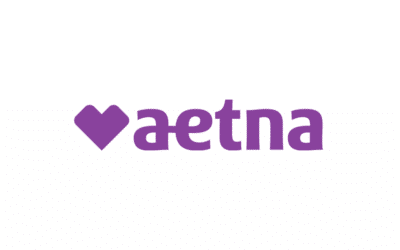Children on the autism spectrum tend to face more challenges in a traditional classroom setting than their neurotypical peers. As a result, they typically require special support through their school and teachers. In order to receive special education services, those children need an Individualized Education Program (IEP). You may have heard of IEPs before, and they can be a bit difficult to understand for a parent whose never needed one for their child. In this blog post, we’ll discuss IEPs and receiving special education for your child on the spectrum.
Acquiring an IEP
An IEP is exactly what it sounds like, a specific special education program that’s individualized to fit the needs of your child. To acquire an IEP, an assessment is required. If your child has already been diagnosed with autism, be sure to discuss with your doctor and then your school to seek more information on how these assessments typically go. They should point you toward the right resources, or at least know who within your school’s administration or district handles getting an IEP set up.
If your child’s school does not offer assessments, you can seek a private assessment. Be sure to discuss with your ABA provider as well, as they should be able to provide some resources and helpful tips for acquiring an IEP. On top of that, ABA therapy’s individualized treatment plans will greatly benefit your child’s academic success and independence. With the right resources in and out of the classroom, your child can overcome many of the challenges their autism symptoms may pose.
The Benefits of an IEP at School
Once the proper assessment is complete, an IEP is created and typically consists of several documents that serve as a sort of roadmap for your child’s curriculum and academic goals.This new special education program would ideally be tailored to your child’s needs, ensuring they are given a clear path through their education. Getting started and throughout the IEP you will likely have to be a part of IEP meetings. These meetings would likely include your child’s teachers and other officials. The meeting should serve as a reassessment in a way, making the IEP a living program that shifts and changes to consistently meet the goals of your child moving forward. The IEP at school should include goals and specify the type of special education accommodations your child would have. Some of those accommodations might include:
- A special low distraction or sensory friendly work area for school work and tests
- Special seating arrangements and schedule
- Specific expectations for growth and progress or altered assignments
- A note taker or highlights of classes and lecture
- Special uses of positive reinforcement for class participation
- Planners for both in-school and home assignments to stay organized
Your child may have some, all, or none of these as part of their IEP. Ideally whatever accommodations your child receives would be what they need most to stay on track for their academic success.
Staying on top of an IEP
Much like certain ABA therapy programs, most IEPs are designed to help your child integrate into the standard curriculum partially or completely. Staying on top of this program and being involved with your child will only make any future plans more effective. Check in with your child, their teachers and anyone else involved to ensure the IEP is working as effectively as possible. Provide feedback and be a part of each step when possible.
For more on ABA therapy and autism-related news visit our blog and follow us on Facebook, Instagram, YouTube, and Twitter! If you have questions regarding ABA therapy services or you’re interested in visiting one of our locations, don’t hesitate to reach out to us on our contact page. We’re always here to answer your questions and support your family’s needs as best as we can.



